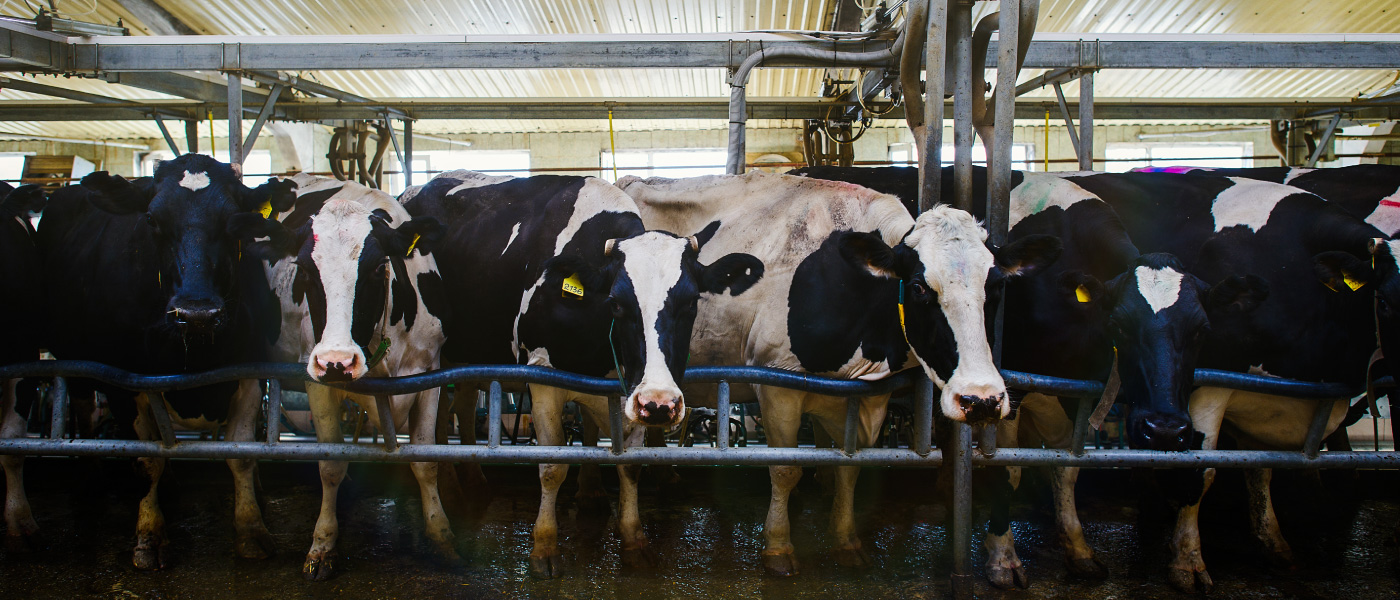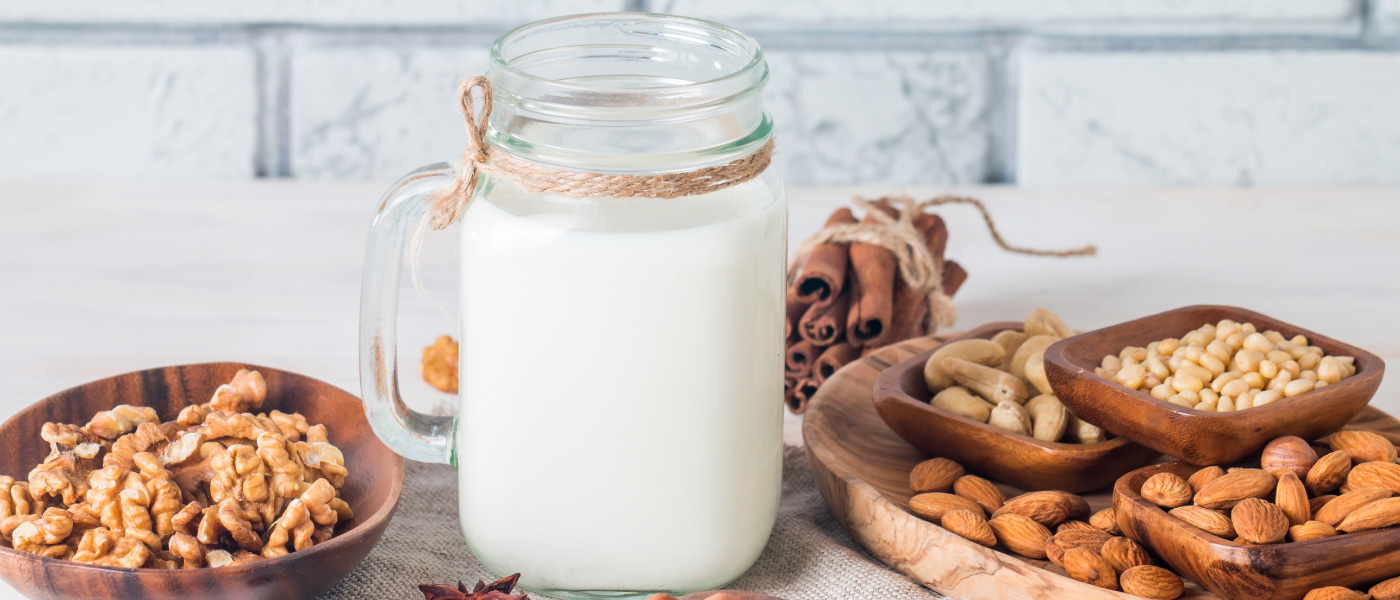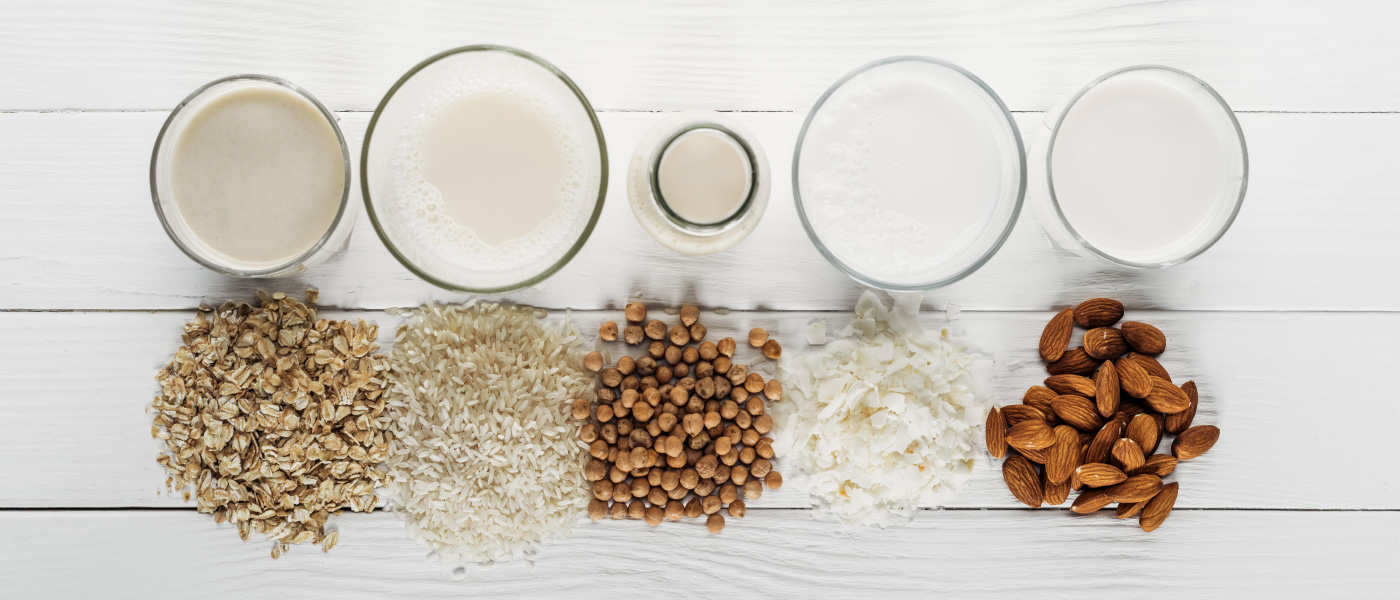Discovering Top Snack Suppliers in Malaysia
Malaysia’s snack scene is a dynamic and flavourful reflection of its rich cultural tapestry, offering a sensory journey for locals and visitors alike. From bustling
Judging from our previous trip to a grocery store in Kuala Lumpur, it’s safe to say that plant-based milk has taken off in Malaysia. The amount of shelf space dedicated to almond, walnut, oat and other dairy alternatives has been increasing steadily in our local hypermarkets.
That’s not to say that alternative milks are new entrants to the Malaysian food market – local grocery suppliers like Sangla Foods have been distributing plant-based alternatives such as soy milk for quite a while. Most of us have fond memories of ordering homemade soy milk out of drinks trucks back in secondary school.
But in the last few years, the popularity of other types of plant-based dairy alternatives has exploded due to health and/or ethical reasons. On the flip side, regular milk (dairy or cow milk) has taken a slight hit in market share and popularity.

Dairy or cow milk has long been associated with many health benefits, primarily healthy bones. Other than being an excellent source of calcium, dairy milk is packed with minerals and nutrients such as B2 and B12. It also has good protein content.
So, why does everyone seem to be removing dairy from their diet and moving towards vegan milk?

Firstly, there is a general food trend towards plant-based proteins in general. Plant-based products such as chicken alternatives have recently reached our shore and they too have risen in popularity.
Secondly, there are health reasons why people are switching from animal milk products such as dairy milk and cheese to their plant-based versions. The most common reason is lactose intolerant.
Dairy products are also a huge source of artery-clogging saturated fat. This increases the risk of heart disease. Cheese, in particular, is particularly harmful – some cheeses are 70% saturated fat.
Ironically, some studies have suggested that the high protein content in milk can cause osteoperosis.

Plant-based milks are non-dairy beverages made from the extracts of plants such as legumes (pea and soy) or nuts (almond, cashew, walnut, hazelnut and pistachio). You will often find plant-based milk referred to as dairy alternatives. These are vegan, lactose-free and dairy-free.
These alternatives to cow milk are lower in saturated fat and calories.
However, most plant-based milks do not contain much nutritional value on their own so they are usually fortified with proteins, calcium and other nutrients such as B12.
This makes plant-based beverages just as healthy as their dairy counterparts.
This is also a reason why commercial plant milks typically have higher nutritional value compared to homemade versions.
There are many different types of plant-based available in Malaysian grocery stores today. Here’s a quick introduction to some of the most accessible milk alternatives here.

What is Soy Milk?
Having grown up in Malaysia, most of us are probably familiar with this milk from ground soybeans. Commercial soy milk contains a good amount of protein and is usually enhanced with calcium.
What is Pea Milk?
Pea milk is made from the grinding of yellow split-peas, so don’t expect them to be green! Apparently, some people find the taste of pea milk to be the most similar to dairy milk.
What is Almond Milk?
Almond milk is a nut-made beverage made from ground almonds. These are suitable for those who are lactose intolerant or have soy allergies. Almond milk is low in energy, saturated fat and protein so you should choose one that has been enhanced.
What is Pistachio Milk?
On their own, pistachios are nutritional powerhouses. When turned into pistachio milk, it still needs to be fortified with nutrients but pistachio milk does contain more proteins than other plant-based beverages.
What is Walnut Milk?
Walnuts are famous for containing the brilliant brain nutrient, Omega-3. The polyphenols and polyunsaturated fats help act as antioxidants.
What is Cashew Milk?
Cashew milk contains heart-healthy unsaturated fats and is loaded with nutrients. It can also help improve your skin because it can help boost the production of collagen in your body.
What is Oat Milk?
An up-and-coming alternative to dairy, you can find oat milk in almost every hipster cafe in Klang Valley. Almond lattes are completely a thing now, aren’t they? This is because its creamy texture makes it a delicious accompaniment to coffee. It also will not overpower the taste of coffee, unlike some other nut milks.

Which is the best-tasting plant milk? Well, we will leave that up to you but we’re partial to the 137 degrees range of plant-based milk. The unsweetened almond milk is particularly popular while the pistachio milk with double Belgian chocolate has its fans.
Are you moving towards more plant-based food in your diet? Or perhaps, unlike us, you’re not seeing any increasing popularity in plant-based milk in Malaysia? Share your thoughts below.
Malaysia’s snack scene is a dynamic and flavourful reflection of its rich cultural tapestry, offering a sensory journey for locals and visitors alike. From bustling
Tomato paste is a cornerstone of countless kitchens, a concentrated powerhouse of flavour tucked away in the pantry. For home cooks seeking tomato paste in
Oats have firmly established themselves as a breakfast staple in Malaysia, moving from a simple pantry item to a celebrated superfood. The demand for quality
Navigating the Modern Snack Aisle The snack aisle has become a battleground of nutritional claims and tempting flavours, leaving many consumers confused. Gone are the